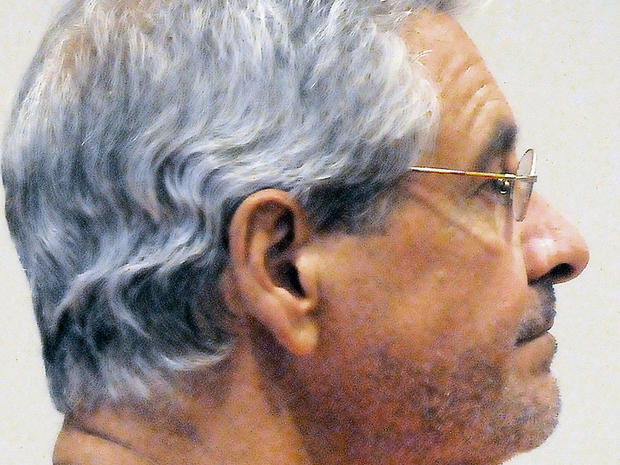Autumn Klein Update: Robert Ferrante, Pittsburgh medical researcher, pleads not guilty in wife's poisoning death
(CBS/AP) PITTSBURGH - University of Pittsburgh medical researcher Dr. Robert Ferrante has pleaded not guilty to charges of criminal homicide alleging he poisoned his wife, a neurologist, by lacing an energy drink with cyanide.
Ferrante, 64, entered the plea Tuesday at his arraignment in Pittsburgh a day after he waived extradition from West Virginia, where he was arrested last week.
Ferrante will have a preliminary hearing on Aug. 9. He is being held without bond.
Defense attorney William Difenderfer has said his client "adamantly" denies any involvement in the April 20 death of his wife, Dr. Autumn Klein.
Klein, 41, was chief of women's neurology at the University of Pittsburgh Medical Center when she died three days after falling ill.
Doctors at UPMC Presbyterian hospital, where she and Ferrante worked, were puzzled by her sudden illness and considered everything from a stroke to a seizure disorder in treating her. Blood drawn from Klein had high levels of acid so doctors had it tested for cyanide as a precaution. Those tests revealed a lethal level of cyanide, but only after Klein had died and been cremated at her husband's insistence, police said.
City police got an arrest warrant for Ferrante after discovering he used a university credit card to buy more than a half-pound of cyanide, which police determined was not related to his research, two days before Klein fell ill.
The criminal complaint indicated Klein may have been trying to get pregnant by Ferrante - with whom she already had a 6-year-old daughter - and that he suggested drinking creatine might improve their chances of conceiving, even though the supplement is not known to aid reproduction. The complaint also suggested, however, that Ferrante suspected Klein was having an affair.
An affidavit and several search warrants suggest Ferrante plotted to poison his wife, then took steps to delay her medical care and keep the cyanide from being detected.
Among other things, police said Ferrante told a 911 dispatcher he wanted his wife taken to another UPMC hospital a mile farther from their house than UPMC Presbyterian, which has a top-rated trauma center. And witnesses at the hospital told police that Ferrante's reactions to his wife's illness "seemed fake and like 'bad acting'" and that he spoke of her in the past tense when she was still alive.
